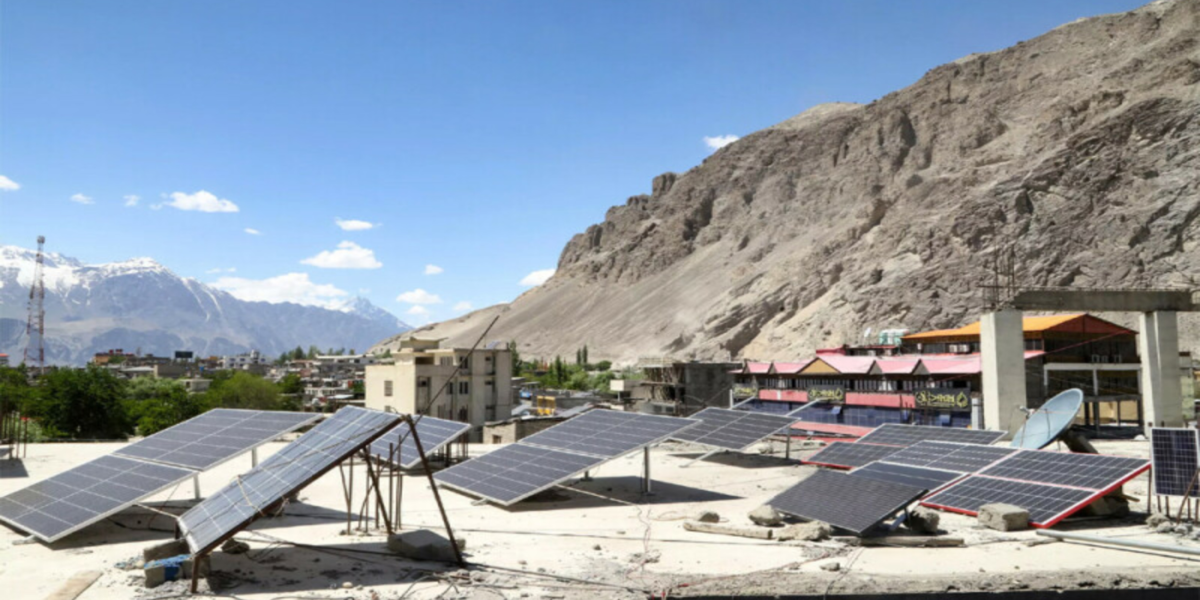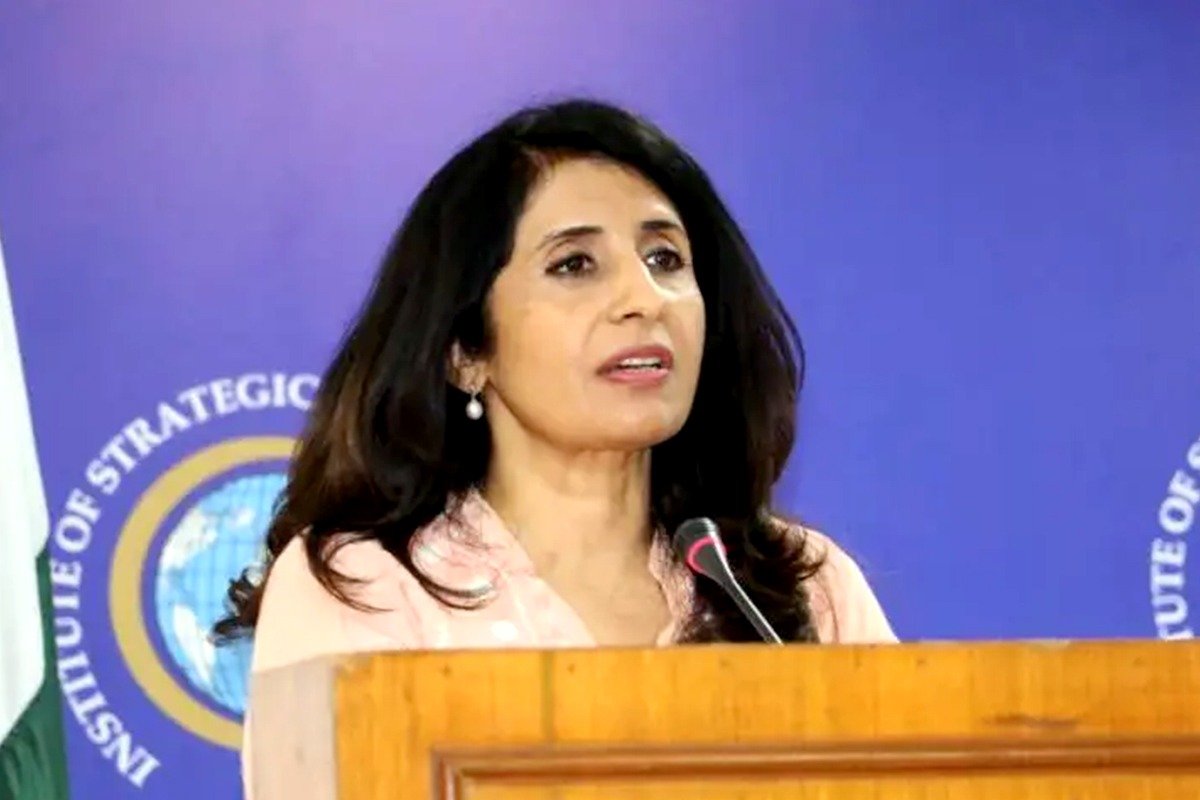SKARDU, (AFP): In Pakistan’s mountainous regions, prolonged power cuts have become a way of life, affecting residents like Aniqa Bano, a local teacher in Skardu city who has resorted to unconventional measures like using her fridge as a storage cupboard due to the 18-hour daily outages.
Skardu, nestled amidst towering peaks and known as the gateway to K2, the world’s second-highest peak, faces unique challenges exacerbated by a surge in mountain tourism. While upscale hotels can mitigate power shortages with solar panels or generators, many locals lack such resources, forcing them to adapt to a lifestyle devoid of electricity-dependent conveniences.
The region’s popularity among tourists seeking respite from scorching temperatures has soared, with domestic visitors reaching 880,000 in 2023, a substantial increase from 50,000 in 2014. However, this influx strains an already fragile power infrastructure, leading to a sharp rise in load shedding hours.
Muhammad Yunus, a senior engineer, notes that load shedding has increased by approximately 10 percent annually over the past six years, reaching up to 22 hours in winter and between 18 to 20 hours in summer. This surge in power outages has had a profound impact on local businesses, with artisans like Siddiqa, a tailor, witnessing a decline in earnings due to reduced productivity caused by intermittent electricity supply.
Read More: Survey reveals 85 pc of Pakistanis content with their mental health
Despite the challenges, tourism shows no signs of abating, with the number of hotels in Skardu quadrupling since 2014. However, the region’s reliance on hydro and thermal power generation faces threats from the rapid melting of glaciers, which provide crucial water resources for energy production.
Salaar Ali, from the University of Baltistan, highlights the unpredictable availability of water for hydroelectric plants, compounded by damage to energy infrastructure caused by extreme weather events like the record heatwaves of 2022.
Inadequate planning and mismanagement further exacerbate the situation, as seen with the underperformance of the Satpara dam, which was intended to provide power to thousands of homes but has fallen short of expectations due to operational issues.
For locals like Wajahat Hussain, a carpenter, reliance on fuel generators has become a necessity to sustain businesses amidst the energy crisis, underscoring the profound impact of power shortages on everyday life in Skardu.














